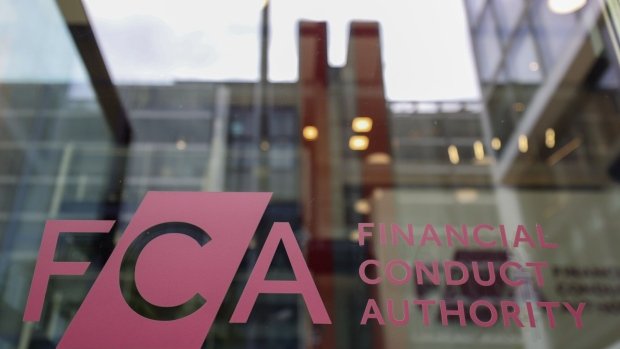(Bloomberg) — The Financial Conduct Authority may have to extend its long-running probe into motor finance practices after Barclays Plc filed a legal challenge to a decision tied to the matter by the UK’s ombudsman for consumers with financial complaints.
The watchdog is still aiming to wrap up the initial stages of its review by September, according to a person familiar with the matter. But Barclays’ request for Judicial Review could force the FCA to extend its investigation, the person said, asking not to be identified discussing non-public information.
“We are continuing our review into motor finance commission arrangements,” the FCA said in an emailed statement. “We will, of course, consider any court decisions as we decide our next steps.”
The FCA in January said it was aware that auto lenders were facing a deluge of complaints from consumers alleging their auto loans were priced in a way that treated them unfairly. At that time, the regulator paused a requirement that firms respond to these complaints within eight weeks and promised to outline next steps by September 24.
Read more: Banks Brace for New Multibillion-Pound Misselling Saga with Cars
The move came after the UK’s Financial Ombudsman Service ruled in favor of two consumers who had complained that units of Barclays and Lloyds Banking Group Plc sold them unfair loans. Barclays has now decided to challenge that ruling.
“We do not agree with the Financial Ombudsman Service’s decision in this case and are therefore challenging it,” a spokesman for the bank said on Tuesday. “This challenge relates to a single, specific case and we continue to support the Financial Conduct Authority’s review into historic motor financing arrangements.”
Lloyds is reviewing the ombudsman’s decision, though it also supports the broader FCA review, according to a spokesman.
The case before the ombudsman that involved Barclays centered on a customer the service called Miss L, who took out a loan to buy a £19,133 ($24,287) used car in November 2018. She argued she was subjected to so-called discretionary commission arrangements, a practice the FCA banned in 2021 that incentivized car dealers to increase a customer’s borrowing costs.
“We recently resolved two complaints where we found that the way the commission arrangement between the lender and the car dealer worked was unfair on the consumer,” the Financial Ombudsman Service said in a statement. “It’s disappointing that we’ve now received a legal challenge on one of these decisions.”
–With assistance from Marion Dakers.
©2024 Bloomberg L.P.





